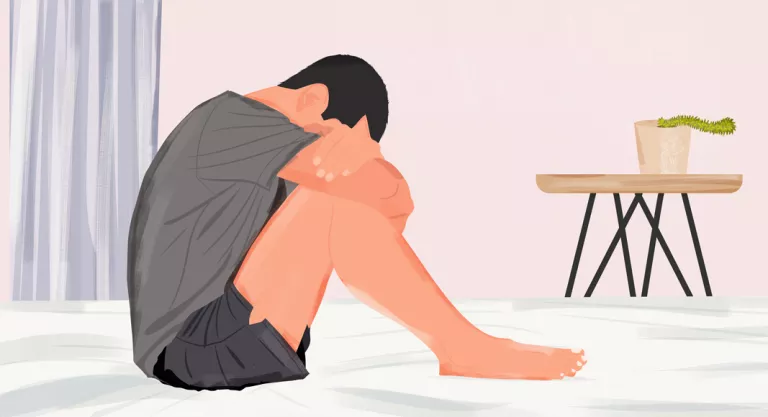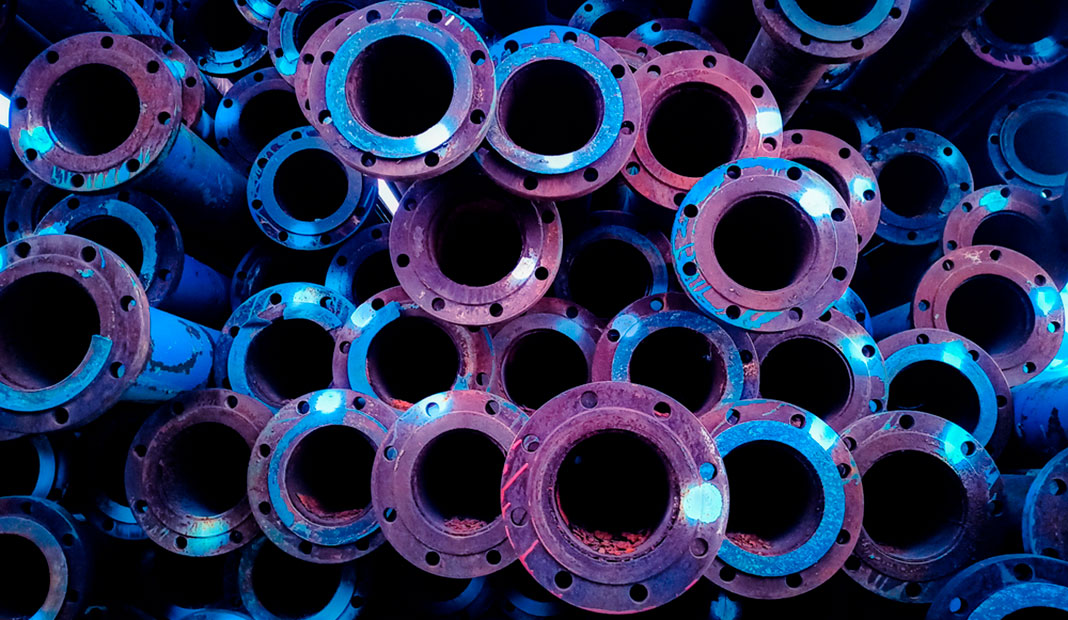Illustration: @plenti.lerenti
It often happens that sometimes men experience penile erections at night or when they wake up, although it is usually something normal and is not usually given much importance, it is an interesting physiological phenomenon that can give a lot of information about the sexual function of men. person. In this article we are going to tell you what these tents are due to and when you should worry.
As explained to us by Dr. Juan Ignacio Martínez-Salamanca, coordinator of the Uroandrological Group of the Spanish Association of Urology (AEU), morning penile erection is known in medical terms as nocturnal penile tumescence and “affects all men, even to males in utero and in infancy. In addition, nocturnal clitoral erection also occurs in the female population, but it is commented on less frequently”.
The expert has told us in detail how penile erections are produced, and that is that they are the response to the complex effects of the nervous and endocrine system on the blood vessels of the member. When a man is aroused, the brain sends a chemical message to the nerves that supply the blood vessels of the penis, causing blood to pool in them and increase in size.
Erections can also occur without brain involvement, as an uncontrolled reflex action that occurs in the spinal cord. “This explains why people with spinal cord damage can still have erections and why you can have erections when you are not sexually aroused,” explains Dr. Martínez-Salamanca.
Involuntary erections, why do they happen?
Taking the above into account, it can be concluded that sexual arousal is not necessary for men to have erections, so having them in the morning or at night could not be due to erotic dreams or sexual thoughts while sleeping.
“Men can have up to five erections a night and these can last up to 20 or 30 minutes. But this depends a lot on the quality of sleep.
Another of the possible causes that are considered, Dr. Juan Ignacio tells us, is that it could be due to a mechanism that the body has to warn that the bladder is full at night, since it has been observed that these erections usually subside after the first urination of the day. This could happen because a full bladder stimulates the nerves that go to the spine and these respond directly by generating an erection, a spinal reflex, which disappears after a visit to the bathroom.
Nocturnal penile tumescence usually occurs during rapid eye movement (REM) sleep, although you are often only aware of it occurring upon waking. In this phase, certain areas of the brain are activated, such as those responsible for stimulating the parasympathetic nerves –those of rest and digestion–, others such as the sympathetic nerves –those that promote flight or fight– are suppressed, and the brain areas are muffled. that cause seratonin – the mood hormone – explains the expert from the Spanish Association of Urology (AEU).

These changes can drive the parasympathetic nerve response that results in a spontaneous erection. There are some hormones that influence the response of the brain, such as testosterone and experts believe that this hormone is at its highest levels in the morning, another possible cause of waking up happy.
At what age can nocturnal erections begin and until when?
As we have said before, involuntary erections when sleeping can occur even in male fetuses that are in the womb, obviously without any sexual connotation. In childhood it is also very common to occur and the greatest peak occurs in adolescence – when approximately 35% of sleep time the penis remains erect – and somewhat less in adulthood.
Involuntary erections during sleep can occur even in male fetuses that are in the womb
“Because there are several sleep cycles a night, men can have up to five erections a night and these can last up to 20 or 30 minutes. But this depends a lot on the quality of sleep and, therefore, it is possible that they do not occur on a daily basis”, explains Dr. Martínez-Salamanca to Webconsultas.
If you are a man and do not have this type of morning activation from time to time, you should go to the doctor, since the loss of nocturnal erections could indicate some type of common disease that affects erectile function. This is so because it is believed that this phenomenon could be a marker of the anatomical capacity to achieve an erection, it would be a way of checking that everything is fine.
Depression can affect morning erections
However, Dr. Juan Ignacio Martínez-Salamanca warns us that studies have suggested that mental health disorders, such as severe depression, can affect nocturnal erections, so their absence is not necessarily a marker of disease or of low testosterone levels, even so, it is advisable to consult a specialist.

An example that the expert explains to us is the case of people with diabetes, where the lack of morning erections are usually associated with erectile dysfunction caused by a poor brain response to the messages sent during sleep and, therefore, a nervous supply or poor blood to the penis.
Good heart health has been associated with the ability to have erections, so according to the expert, the presence of this increased volume in the penis is usually accepted as good news. Not always having an erect penis means pleasure or eroticism, and although for some it is good news in the morning and they take advantage of it, for others it can be a nuisance, especially those who sleep on their stomachs.
All extremes are bad, and having a continuous, non-stop erection can indicate another health problem, priapism, which is when the penis increases in size and hardness in an unwanted and prolonged way. This disorder must be treated as soon as possible to prevent it from generating serious consequences such as erectile dysfunction.
.














